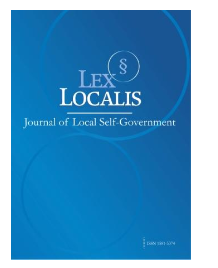GAMIFICATION AS A PEDAGOGICAL STRATEGY: ENHANCING STUDENT PERFORMANCE, MINDSET, AND METACOGNITION
DOI:
https://doi.org/10.52152/38bxpr86Keywords:
gamification, growth mindset, academic performance, metacognition, self-determination theory, intrinsic motivation, autonomous motivation, interactive curriculum, performance-based reward system, conventional teaching.Abstract
Gamification transforms traditional learning by integrating game elements into educational settings, fostering an interactive and immersive experience. This study examines the impact of gamification on academic performance, growth mindset, and metacognition among university students. A total of 440 students participated in an empirical study employing a pre-test post-test control group design. The sampling method was purposive, and the study was conducted as a field experiment with four distinct groups: (1) Gamification Group (learning with game-based interventions), (2) Interactive Curriculum Group (engagement-driven curriculum without game elements), (3) Performance-Based Reward Group (traditional learning supplemented with performance incentives), and (4) Control Group (conventional teaching methods). The findings indicate a statistically significant improvement in performance, growth mindset, and metacognition among students in the Gamification Group compared to the Control Group (p < 0.05). Further, a significant mean difference was observed between the Gamification Group and the Interactive Curriculum Group, as well as between the Performance-Based Reward Group and the Control Group (p < 0.05). However, neither intrinsic nor autonomous motivation mediated or moderated the relationships between gamification and the study variables. These findings underscore the potential of gamification as an effective pedagogical tool for enhancing student engagement, learning outcomes, and cognitive development when integrated with the course curriculum.
Downloads
Published
Issue
Section
License
Copyright (c) 2025 Lex localis - Journal of Local Self-Government

This work is licensed under a Creative Commons Attribution-NonCommercial-NoDerivatives 4.0 International License.








